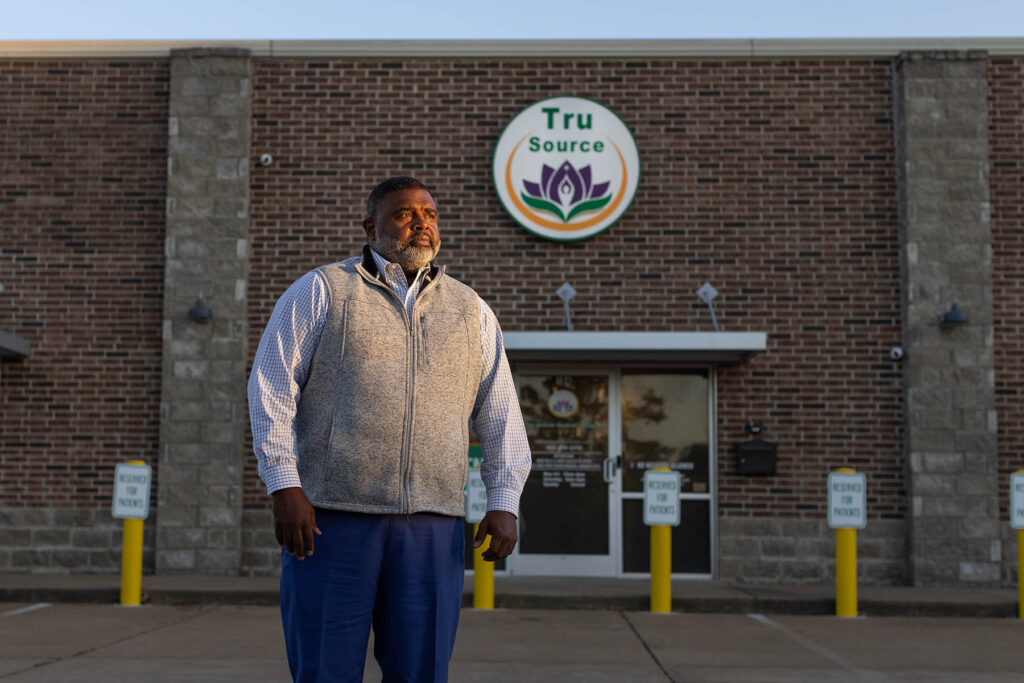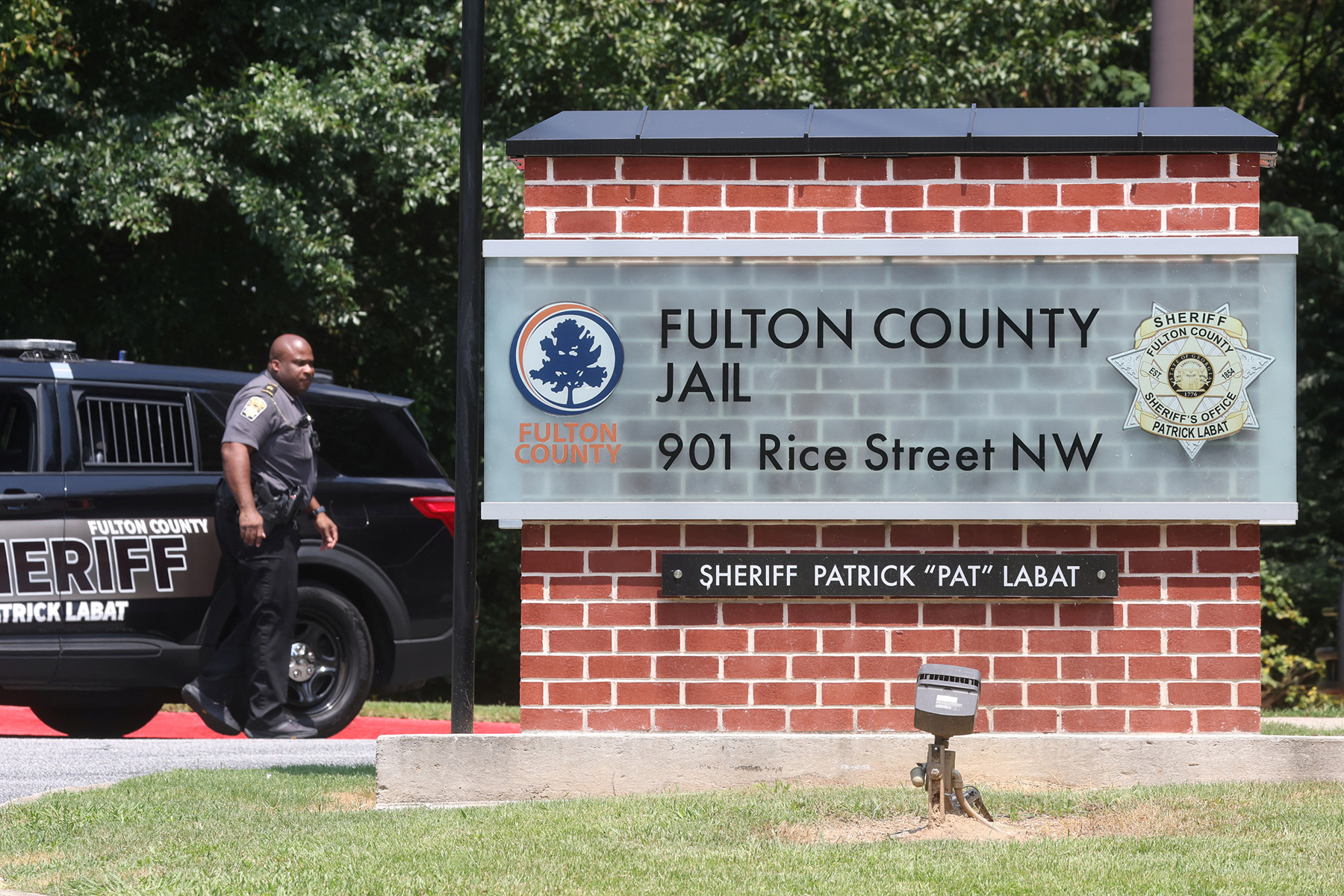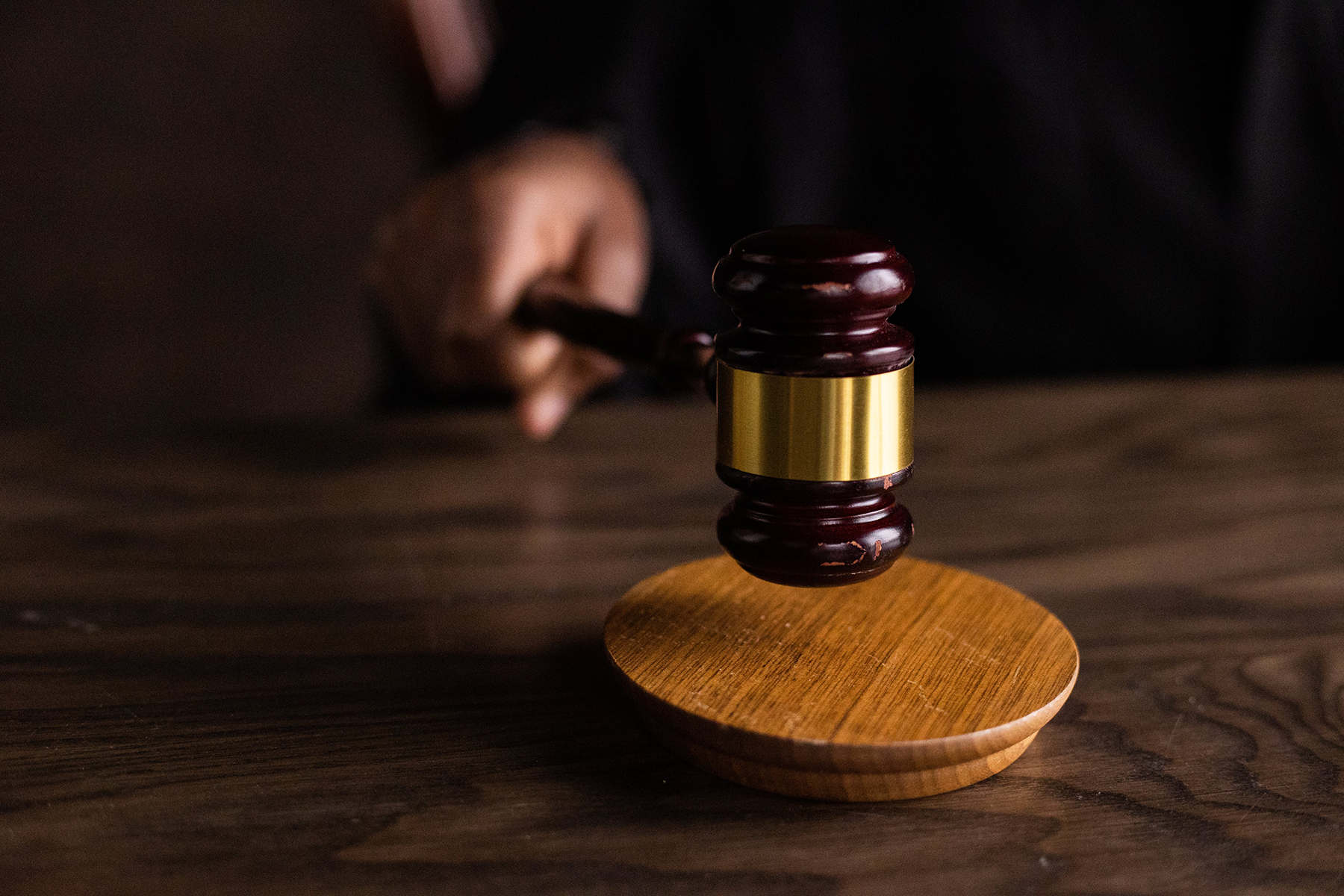JACKSON, Miss. (AP) — The owner of a Mississippi medical marijuana dispensary filed a federal lawsuit Tuesday challenging state regulations that he says censor business owners by preventing them from advertising.
After Mississippi legalized medical marijuana for people with debilitating conditions in 2022, Clarence Cocroft II opened Tru Source Medical Cannabis in Olive Branch, Mississippi. But he says he has struggled to reach customers because Mississippi’s Department of Health has banned medical marijuana businesses from advertising in any media.
That violates business owners’ First Amendment rights, Cocroft’s attorneys wrote in a lawsuit filed in the U.S. District Court for the Northern District of Mississippi.
“All I want to do, like any other business owner, is have the opportunity to advertise. If I pay taxes in this business, which I do, I should be able to advertise,” Cocroft said at a news conference. “All I’m asking from this state is to provide us with the same liberty that they’ve provided other businesses.”
Cocroft, who is represented by the Institute for Justice, sued the leaders of the state’s Department of Health, Department of Revenue and Alcoholic Beverage Control Bureau. The lawsuit accuses state regulations of prohibiting business owners from engaging in truthful commercial speech to promote their legal businesses, which the plaintiff argues violates the First Amendment.
“Under the ban, Clarence can’t advertise in any media. He cannot place ads in newspapers or magazines, on television or radio, or even on billboards that he already owns,” said Katrin Marquez, one of Cocroft’s attorneys. “The First Amendment does not allow a state to completely censor a legal business. If it is legal to sell a product, it is legal to talk about that product.”
Spokespeople for the Mississippi Department of Health and Department of Revenue did not immediately respond to emails requesting comment Tuesday.
Arkansas, Louisiana and Alabama also have regulations that prohibit dispensaries from advertising through public mediums. But Cocroft’s attorneys said Mississippi’s regulations are more stringent than those in neighboring states.
Mississippi law allows patients to buy up to to 3.5 grams of cannabis per day, up to six days a week.
The state Health Department cannot prevent dispensaries from placing “appropriate signs” on their properties or displaying products they sell on their websites. All other advertising restrictions are up to the Health Department, which prohibits dispensaries from advertising or marketing “in any media.”
“The state government cannot simultaneously authorize the legal sale of a product or service, while forbidding the truthful advertising of said product,” Marquez said. “No law, state or federal, justifies the censorship in this case.”
When Cocroft started Tru Source, he says he budgeted for advertising and purchased a few billboards in highly trafficked areas in northern Mississippi. He has been leasing the billboards to other businesses and relied instead on word-of-mouth recommendations to reach potential customers.
“It’s simply unfair that every other legal business in Mississippi is allowed to advertise, while I have to rely on word of mouth,” Cocroft said.
Tags




